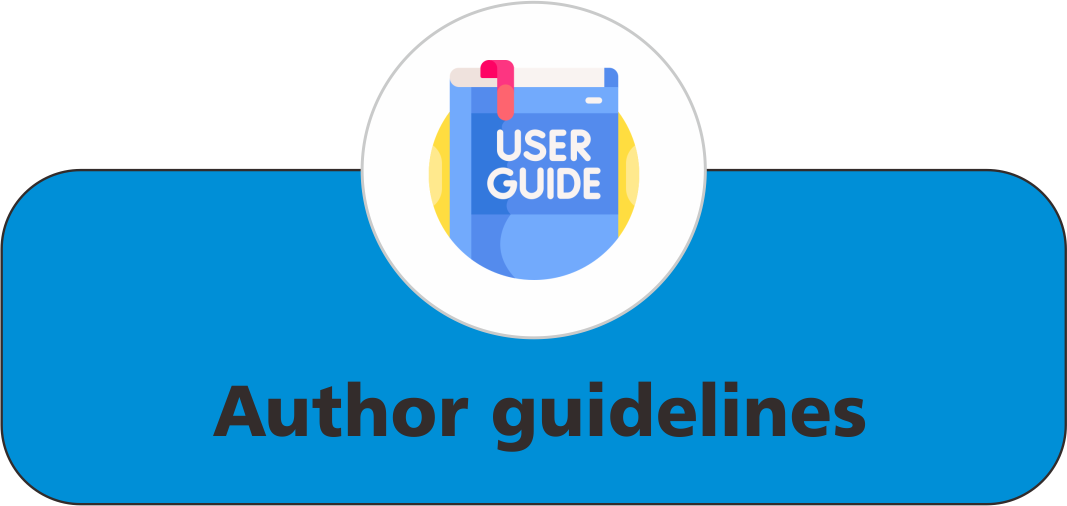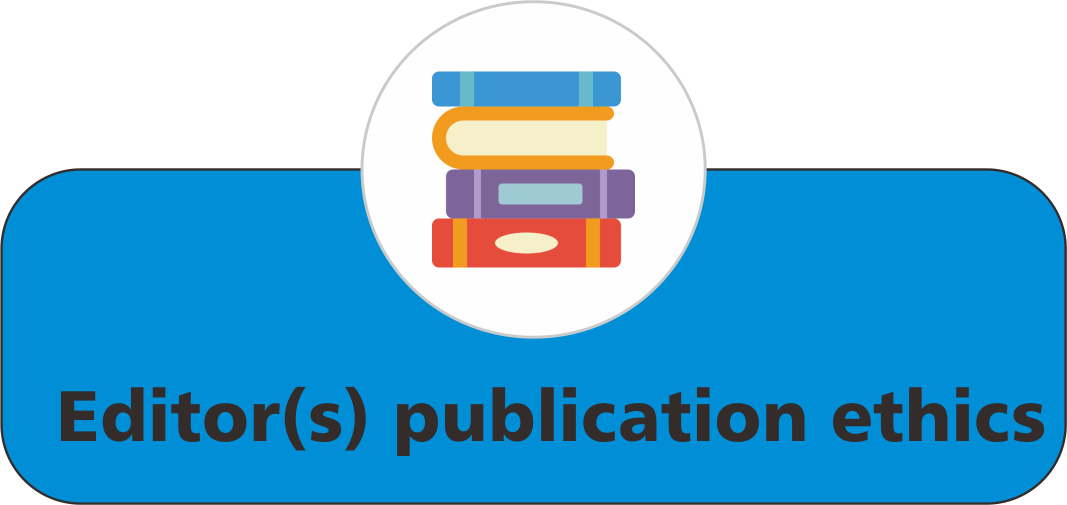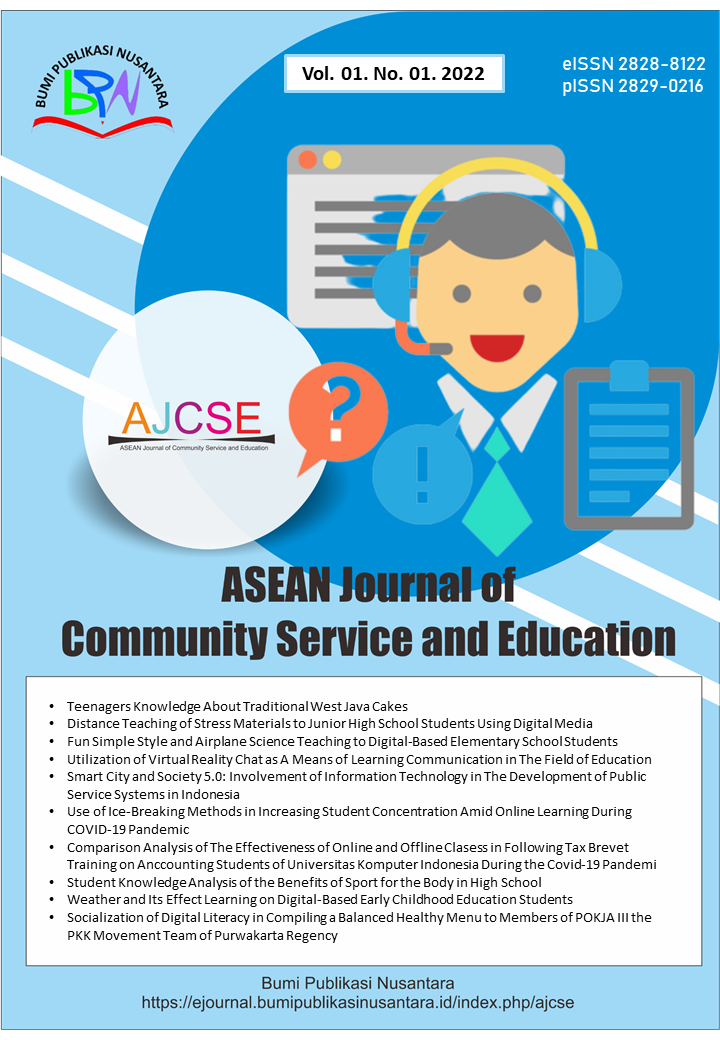Indigenous Knowledge and Traditional Practices in Coping with Mountain Hazards
 ), M. Kamraju(2),
), M. Kamraju(2),
(1) Osmania University
(2) Ministry of Education
 Corresponding Author
Corresponding Author
Abstract
Keywords
References
Agrawal, A., Chhatre, A., and Hardin, R. (2017). Changing governance of the world's forests. Science, 358(6361), 993-994.
Briggs, J., Sharp, J., and Huddleston, B. (2018). Indigenous knowledge and natural hazards in the Arctic: The importance of diverse epistemologies and understanding local realities. Polar Geography, 41(3), 169-189.
Cunsolo, A., Harper, S. L., and Landman, K. (2020). Healing the planet, healing ourselves: Indigenous knowledge and remembering in the environmental humanities. Environmental Humanities, 12(1), 174-190.
Cutter, S. L., Ash, K. D., and Emrich, C. T. (2018). Urban-rural differences in disaster resilience. Annals of the American Association of Geographers, 108(2), 395-411.
Folke, C., Hahn, T., Olsson, P., and Norberg, J. (2016). Adaptive governance of social-ecological systems. Annual Review of Environment and Resources, 41, 21-47.
Folke, C., Polasky, S., Rockström, J., Galaz, V., Westley, F., Lamont, M., and Scheffer, M. (2020). Transformations for achieving sustainability in the Anthropocene. Ambio, 49(4), 849-862.
Gavin, M. C., McCarter, J., Mead, A., Berkes, F., Stepp, J. R., Peterson, D., and Tang, R. (2018). Defining biocultural approaches to conservation. Trends in Ecology and Evolution, 33(10), 773-785.
Hodgkinson, T., Hara, M., and Unwin, G. (2017). Developing climate-ready conservation measures for a World Heritage property: Lessons learned from the 2016 Kaikōura earthquake. Journal of the Royal Society of New Zealand, 47(1-2), 107-120.
Howitt, R., Havnen, O., Veland, S., and Dominey-Howes, D. (2019). Indigenous peoples’ governance of disaster risk reduction and climate change adaptation in the Arctic. International Journal of Disaster Risk Reduction, 33, 29-36.
Kassam, K. A., Ramírez-Mejía, D., Gallardo, A., and Gujja, B. (2016). Indigenous knowledge and scientific frameworks across scales for water management. Current Opinion in Environmental Sustainability, 23, 1-9.
McCarter, J., Gavin, M. C., Baingana, R., Berkes, F., Kaboré, C., Kpaka, P., and Nyoka, Y. (2017). Perceptions of drivers of environmental change in three community-based natural resource management sites in Mali, West Africa. Environmental Management, 60(3), 437-452.
Moller, H., Berkes, F., Lyver, P. O., and Kislalioglu, M. (2014). Combining science and traditional ecological knowledge: Monitoring populations for co-management. Ecology and Society, 19(3), 44.
Paton, D., Prior, T., and Johnston, D. (2020). Community resilience: An integrated literature review of contemporary discourses. Disaster Prevention and Management: An International Journal, 29(3), 344-357.
Preston, B. L., Mustelin, J., Maloney, M., and Yasuhara, K. (2018). Climate adaptation imperatives: Global risks and collective action. Wiley Interdisciplinary Reviews: Climate Change, 9(1), e494.
Reed, M. S., Fazey, I., Stringer, L. C., Raymond, C. M., Akhtar-Schuster, M., Begni, G., Bigas, H., Brehm, S., Briggs, J., Bryce, R., Buckmaster, S., Chanda, R., Davies, J., Diez, E., Essahli, W., Evely, A. C., Geeson, N., Hartmann, I., Holden, J., Hudbacek, J., Loris, L., Kruger, I., Laureano, B., Phillipson, P., Prell, J., Quinn, C., Reeves, C.H., Seely, A. D., Thomas, M., Van der Werff Ten Bosch, R., Vergunst, m. J., and Woods, E. (2016). Knowledge management for land degradation monitoring and assessment: An analysis of contemporary thinking. Land Degradation and Development, 27(3), 671-683.
Sen, A., Goodyear, L., and Lichtenstein, G. (2018). Indigenous knowledge for disaster risk reduction: An African perspective. International Journal of Disaster Risk Reduction, 31, 986-995.
Turner, N. J., Ignace, M. B., and Ignace, R. (2012). Traditional ecological knowledge and wisdom of aboriginal peoples in British Columbia. Ecological Applications, 22(5), 1267-
Turner, N., Davidson-Hunt, I., O'Flaherty, R., Robson, J., and Deur, D. (2019). Knowledge co-production and the social context of governance: Examining community-based land and resource management in Indigenous territories of Canada and the USA. Journal of Environmental Planning and Management, 62(5), 772-792.
Wilches-Chaux, G., Cruz-Cárdenas, C., Alcántara-Ayala, I., González-Sandoval, M., and Serrano, E. (2019). Traditional knowledge and community-based approaches in landslide risk reduction: Experiences from the Americas. International Journal of Disaster Risk Reduction, 36, 101092.
Article Metrics
Abstract View : 593 times
: 593 times Download : 423 times
Download : 423 times
Refbacks
- There are currently no refbacks.
Copyright (c) 2024 Bumi Publikasi Nusantara

This work is licensed under a Creative Commons Attribution-ShareAlike 4.0 International License.







